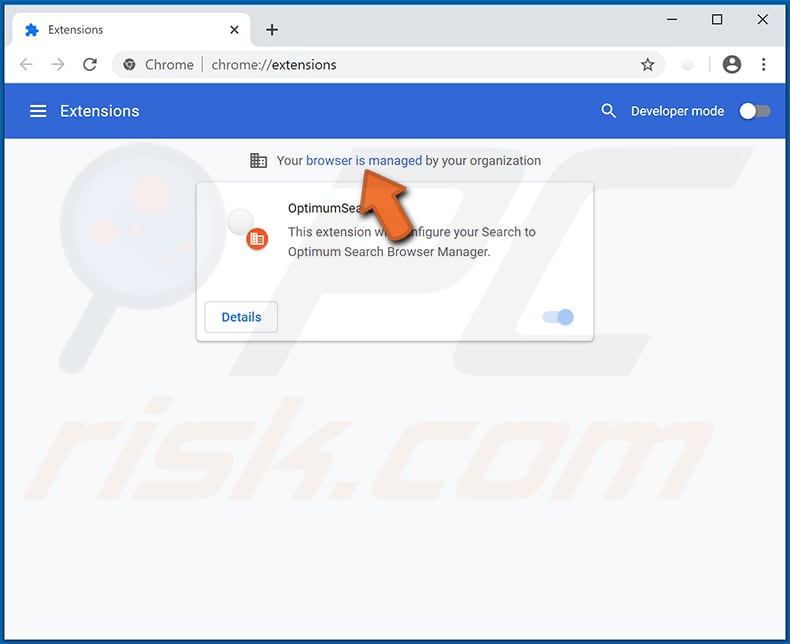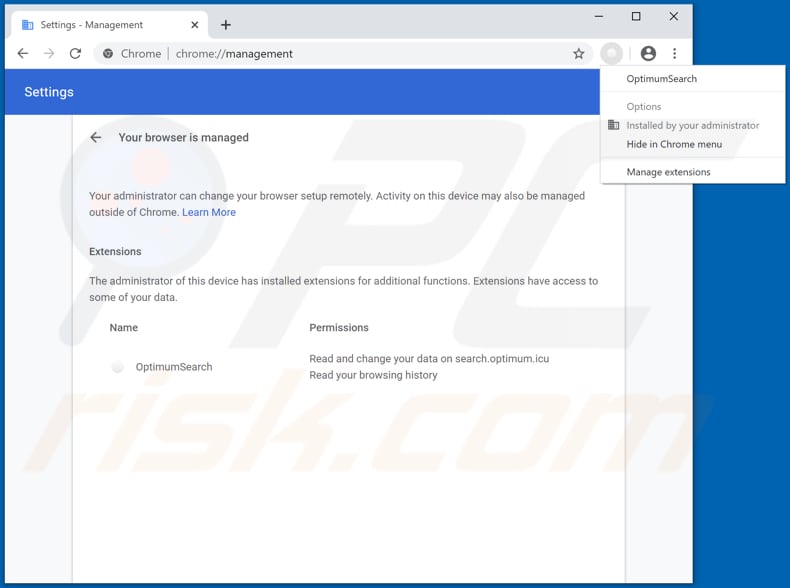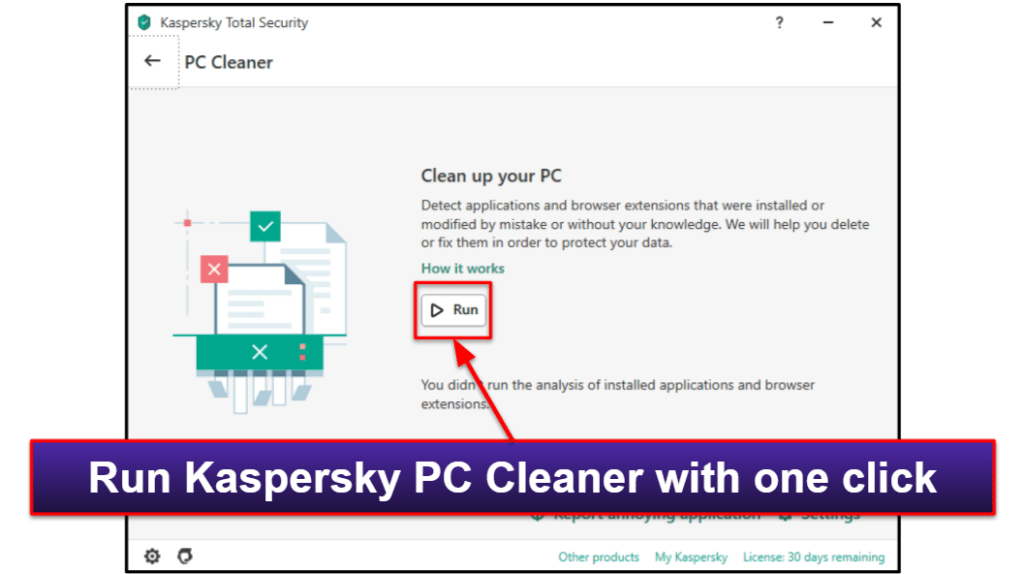

The browser vendors recognized that asking users to make a decision isn’t a good idea here.

This page has seen a surprising amount of changes over the years. There is an important edge case with HTTPS connections: what if a connection is established but the other side uses an invalid certificate? Current browsers will generally show you a certificate warning page in this scenario. The underappreciated certificate warning pages Using injected content for Universal XSS.Something you probably don’t know about HSTS.Using clickjacking to override certificate warnings.

The underappreciated certificate warning pages.The remaining five vulnerabilities have only been fixed in July, and I agreed to wait until November with the disclosure to give users enough time to upgrade.Įdit (): In order to disable this functionality you have to go into Settings, select “Additional” on the left side, then click “Network.” There you will see a section called “Encryption connection scanning” where you need to choose “Do not scan encrypted connections.” This includes two vulnerabilities that weren’t deemed a security risk by Kaspersky, it’s up to you to decide whether you agree with this assessment. This article will only describe three vulnerabilities which have been fixed in April this year. I reported eight vulnerabilities to Kaspersky Lab between -21. The vulnerabilities I found were far more mundane.
#Chrome extensions kaspersky's url advisor for mac software
Expecting some deeply technical details about HTTPS protocol misimplementations now? Don’t worry, I don’t know enough myself to inspect Kaspersky software on this level. So when I decided to look into Kaspersky Internet Security in December last year, I found it breaking up HTTPS connections so that it would get between the server and your browser in order to “protect” you. Google and Mozilla once again urged antivirus vendors to stop. Just kidding… Of course they kept going, and so two years ago a study was published detailing the security issues introduced by interception of HTTPS connections. As you can certainly imagine, antivirus vendors agreed with the sensible argument and today no reasonable antivirus product would even consider intercepting HTTPS traffic. Roughly a decade ago I read an article that asked antivirus vendors to stop intercepting encrypted HTTPS connections, this practice actively hurting security and privacy.


 0 kommentar(er)
0 kommentar(er)
